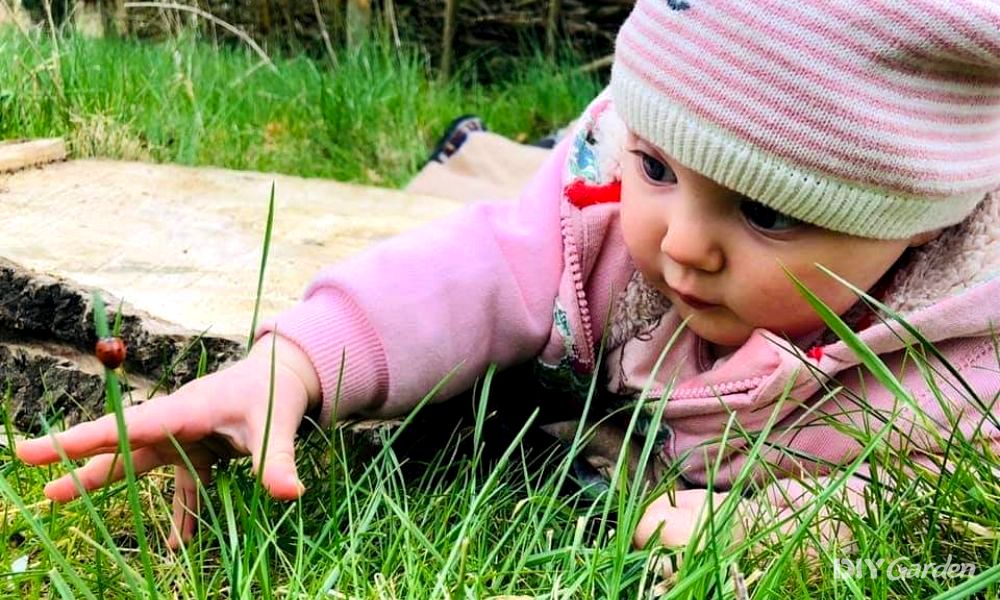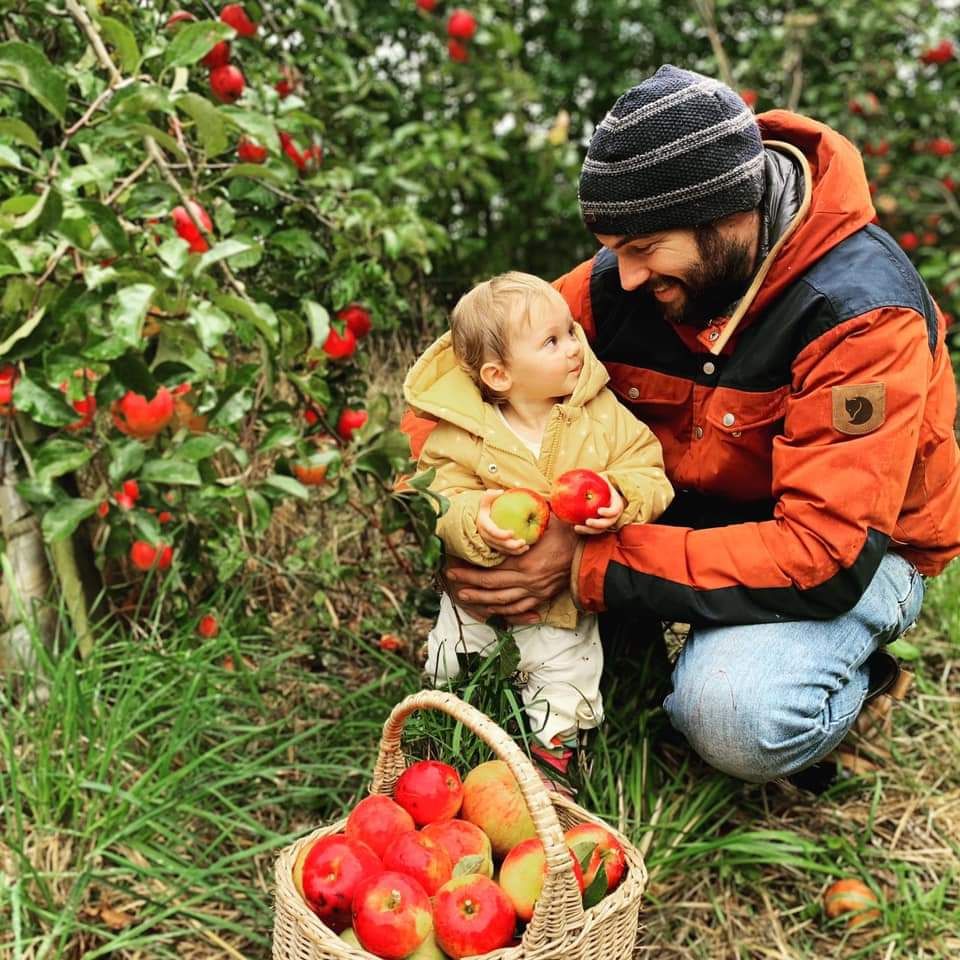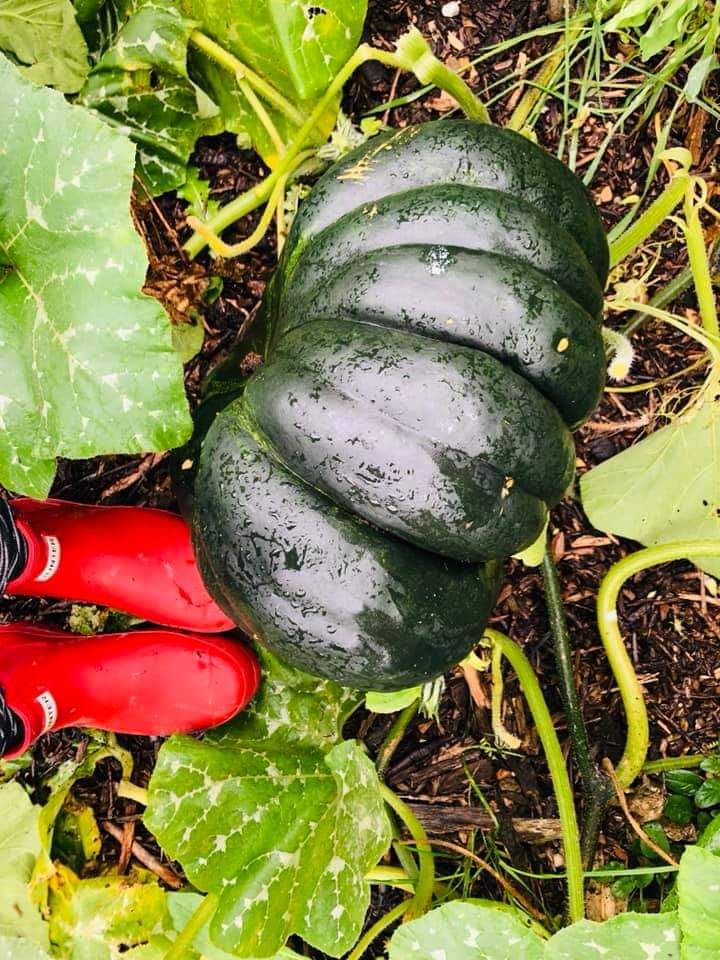
What’s fun, free, and has fantastic benefits for children? Gardening! It’s something the whole family can enjoy and is a great excuse to teach your kids about the natural world around them.
This article is jam-packed full of the benefits of gardening for children. So take a seat and enjoy.
1. They Learn
Children’s brains are like sponges. They’re much better than us adults at soaking up every bit available to them.
Gardening teaches children about nature, fruit, vegetables, and how to use tools. They learn all kinds of skills, which we’ll talk about later in the article. It also gives you parents an opportunity to impart your gardening and nature knowledge.
2. They Have Fun!
Kids love the outdoors. They’re curious about everything, and there’s so much to see outside! Children also go mad for mud and adore getting stuck into hands-on activities. Gardening provides this in abundance!
We are delighted to be included in Twinkl’s Fun Winter Activities blog. Why not check out other winter-themed resources on their site?
3. Prevents Mental Health Problems
Exposure to green spaces is essential during childhood. A nationwide study found that children who spent time in parks, forests and rural lands were less likely to develop psychiatric disorders in adolescence and adulthood.
4. Relieves Stress
Gardening triggers the release of “happy” hormones serotonin and dopamine and diminishes the release of the stress hormone cortisol. Getting your kids out in the garden just twice a week could significantly lower their stress levels.
5. Improves Memory Function
The continual need to problem solve and make decisions really gets a child’s brain going. Gardening enhances brain cell growth and exercises the hippocampus and cortical regions, key areas responsible for memory function.
Frequent gardening will have long-lasting effects on their memory.
6. Increases Concentration
Children typically get distracted easily. But not in the garden. Gardening catches their interest and keeps them occupied for hours. This effect is so strong that even having plants in your home or a classroom can boost concentration!
Gardening has also been shown to alleviate the symptoms of Attention Deficit Hyperactivity Disorder, a condition affecting over 10,000 UK children aged 5-15.
7. Strengthens Fine Motor Development
Fine motor activities require the tiny muscles in your hands and wrists to make intricate movements. You need these skills for tasks like holding a pen or using scissors.
Gardening is full of activities that exercise children’s fine motor skills, like holding a trowel or planting seeds. This supports their fine motor development.
8. Aids Sensory Development
Gardening engages all the senses. From feeling a brisk wind on their face to seeing a bird flit along the hedge, it excites every human sense. Using their sight, smell, taste, touch, and hearing aids their sensory development.
9. Enhances Social Skills
A large part of gardening is teamwork. And for a team to work effectively, you need to communicate. When children garden, whether this is in a school or home environment, they will exercise their communication skills, which will help them socially.
10. Gardening Can Become a Hobby
Trying different activities allows children to establish what it is they enjoy doing. Gardening is an opportunity you can provide your kids for free. And who knows, it may become a hobby they continue in adulthood.
11. They Learn Patience
A fundamental skill of any gardener is patience. Gardening isn’t an instant gratification kind of activity. To see the best results, you have to be patient.
Flowers take time to bloom, and vegetables take time to grow. From gardening, children learn that good things come to those who wait.
12. Gardening Gives Children Responsibility
Making sure plants are happy and healthy isn’t a walk in the park. Putting your child in charge of certain plants gives them responsibility.
Children often miss out on responsibility, so gardening provides a unique opportunity for them to experience it first-hand.
13. Fosters an Appreciation of Nature
Going out into the garden gives children a chance to learn about their natural environment. They get to see just how fascinating and beautiful our world is – witnessing bees hard at work and a flower progressing from bud to bloom.
14. Inspires Young Chefs
Many chefs start out as young gardeners, growing an appreciation of food through shared experiences with close relatives. If your child loves fruit, veg and herb growing, you may have a future chef on your hands!
15. It’s Exercise!
Getting your kids to exercise has never been easier! Just get them out in the garden, and they won’t even realise they’re exercising.
Exercise leads to stronger muscles and bones. It also improves balance and posture. And with your kids’ better sleep pattern, you’ll get some well-needed rest too!
16. Gardening Improves Their Self-Confidence
Everyone gets a sense of accomplishment and a swell of pride when they achieve something. Gardening provides these real experiences for children, growing vegetables from seed and eating the fruits of their labour.
This improves childrens’ self-confidence; their belief in themselves that they are capable.
17. Encourages Exploration
If there’s one thing everyone knows about kids, it’s that they love to explore. And where better to do that than in your own green space?
The phrases “don’t touch that!” and “come back here!” are all too familiar to parents. Gardening gives children some essential exploration time, allowing them to really immerse themselves in their surroundings.
18. Teaches Sharing and Cooperation
Unless you own a gardening business, you’ll likely only have one of each tool. That means children will have to share. This is a skill they will need to know for later life; what great practice!
Gardening is a combined effort, especially when gardening with tiny tots, which exercises childrens’ ability to cooperate.
19. Strengthens Parent-Child Relationships
You and your child will both benefit from spending time out in the garden together. Research shows that engaging in a shared activity, particularly gardening, improves the parent-child relationship by increasing communication skills and understanding of each other.
And even if they switch gardening for a phone during adolescence, those positive memories they shared with you as a young child won’t be forgotten.
20. Gardening Feeds Their Curiosity
Children are curious about everything. Sometimes, children can ask so many questions you feel like your head may explode. Gardens provide a safe space for children to be curious.
21. Gets Them Out of the House
As children move into adolescents, they often retreat into the house. They spend more time in their bedrooms using their various technological gadgets.
But gardening gets them out of the house and gives them a healthy hit of fresh air and vitamin D.
22. Contributes to Their Education
Gardening can even become a part of a child’s education. With the growing popularity of school gardens, children learn how to work together to complete simple gardening tasks. This improves their knowledge about the world, communication and teamwork skills.
23. Gardening Builds Environmental Awareness
Global warming is a growing concern. Around 8 million pieces of plastic are entering our oceans every day. A growing awareness of the environment is needed now more than ever. Gardening builds an appreciation and understanding of our environment.
24. They Learn Where Their Food Comes From
Nowadays, many children don’t know where food comes from. A recent study by the British Nutrition Foundation found that 1 in 10 teenagers aged 14-16 believed tomatoes grew underground, and nearly ⅓ of UK primary children thought cheese came from plants.
Gardening teaches children where food comes from in a fun, engaging way that doesn’t feel like a lesson!
25. Improves Their Diet!
Fruit and veg grown yourself are hard to resist. Gardening is an excellent way for parents to help fussy eaters become a bit more adventurous. They’re more likely to enjoy home-grown food, too, as it contains more vitamins and minerals and isn’t tainted by pesticides.
Research shows that children who garden even swap unhealthy treats for nutritious fruit and veg!
26. Aids Their Problem-Solving Abilities
Deciding which plant goes where and what tool to use requires careful consideration, especially for a child. Making these small decisions is great practice for more crucial decisions in later life.
27. Teaches Them to Be Analytical
Gardening puts planning, organisation, reasoning, and initiation to continual use. These are essential analytical skills vital for child development.
Parents, you can encourage your child to use their analytical skills by asking them questions like “should that plant go there?” and “what’s the best tool for that job?”
Go On, Green Fingers!
Now you know all 27 benefits, it’s time to get your kids out gardening. Gardening has educational benefits for children, working alongside school learning and boosting world knowledge. It also protects them emotionally, reducing stress and preventing future mental health disorders.
Gardening teaches children fundamental skills such as communication, analysis, problem-solving and sharing, and feeds their natural curiosity.
And what’s more, your relationship with your child can grow as a result. So get them out in the garden. What have you got to lose?




